The holidays can be a brutal season for anyone in the midst of loss or adversity, and the experience of infertility certainly falls within both these categories. The intense focus on the concept of “family” during the holidays often magnifies the empty spot in your own family.
Holiday gatherings are rife with triggers: the army of children running around, your relatives asking for the 100th time when you’ll be having kids, or your 20-year-old cousin announcing her (accidental) pregnancy.
If all this isn’t enough, there’s the added pressure to “count your blessings, give thanks, be grateful!” These all seem impossible when you’ve just had your 3rd failed IVF, are recovering from a miscarriage, and can’t afford to try again because you’re all out of money. It’s daily a struggle to simply climb out of bed, get showered, and make it through a day at work without a breakdown.
What in the world is there to be thankful for?
It is really important to allow ourselves time and space to feel the full force and depth of loss, sadness, anger, and fear. Allowing our minds to spiral down and camp out in this space is natural, but it’s also incredibly painful and even dangerous.
During this holiday season, I want us to be able to feel as emotionally strong and connected to our loved ones as possible, and one of the easiest ways to accomplish this is by harnessing the spirit of Thanksgiving and committing to the practice of gratitude.
“Wait, Dusty, I thought you understood how impossible this all is!”
Believe me, I do. I once spent Thanksgiving crying my eyes out on a plane trying to deal with the prognosis that I would most likely never have a biological child. And the following Thanksgiving without the physical strength to even hold my miracle 4-month-old, I battled a near-terminal cancer curveball, unsure if I would live through Christmas.
So personally and professionally, I know that just because we don’t naturally feel grateful doesn’t mean we can't cultivate the powerful practice. In times that seemed to be filled with only fear and darkness, forcing myself to meditate on the good was often the only thing that held me together.
Experiencing doses of authentic gratitude is one of the biggest keys to building resilience and preventing the emotional pain of crisis from completely debilitating us.
Dr. Robert Emmons, the world’s leading expert on gratitude, says it best:
“My response is that not only will a grateful attitude help—it is essential. In fact, it is precisely under crisis conditions when we have the most to gain by a grateful perspective on life. In the face of demoralization, gratitude has the power to energize. In the face of brokenness, gratitude has the power to heal. In the face of despair, gratitude has the power to bring hope. In other words, gratitude can help us cope with hard times.”
And here he is again, providing context for the Thanksgiving holiday:
“Trials and suffering can actually refine and deepen gratefulness if we allow them to show us not to take things for granted. The first Thanksgiving took place after nearly half the pilgrims died from a rough winter and year. It became a national holiday in 1863 in the middle of the Civil War and was moved to its current date in the 1930s following the Depression.”
Hundreds of studies have been done over the last decade showing the powerful benefits of practicing gratitude. We know that the simple discipline of daily gratitude reduces depression, improves anxiety, and produces positive changes to our physical health. Gratitude also helps us sleep better, improves our relationships, and makes us more resilient to recover from adversity and trauma.
So how do we cultivate a grateful state of mind when all we feel like doing is crying?
It will feel forced in the beginning because our brains are actually wired to focus on what's going wrong, not right. The good news is there are many ways to retrain the brain with intentional practice. Here's how.
- You must first acknowledge your painful emotions by allowing yourself to feel them without judgment. If we skip over this step of validation and empathy, the practice of gratitude can be emotionally shallow. Simply visit, observe, and name what you are feeling, while resisting the temptation to set up residence in the pain.
Next, shift your focus to the big and small things you appreciate in life. Avoid using the comparison tactic of, "At least..." and simply name what you are grateful for. Here is one of my favorite and most effective approaches.
Tips for Successful Meditation
- When your mind wanders, gently and without judgment, drift back to the exercise.
- Find time in your day to do this at least 2x, but especially when you are feeling difficult emotions.
- Give yourself permission to hide in grandma’s bathroom and practice this exercise if you need to hit the emotional reset button.
- If you find yourself too distracted by other thoughts, try journaling your gratitude on paper first, and then read them as you breathe deeply.
Feeling horrible but you don’t have the private space to practice the full meditation?
Try using a simple mindfulness practice by using all five of your senses to observe your surroundings in a grateful way:
- Savoring how good the pumpkin pie tastes in your mouth
- Enjoying the spicy-sweet smell of cider
- Noticing the beauty of the colorful fall leaves
- Feeling the sun on your face while the cool breeze blows through your hair
- Hearing the crackle of a wood-burning fire
I am so thankful that you have allowed me to share these thoughts with you. My hope is that it brings you strength and a fresh vision to reclaim some sanity and joy this holiday season.
Much love,
Dusty


